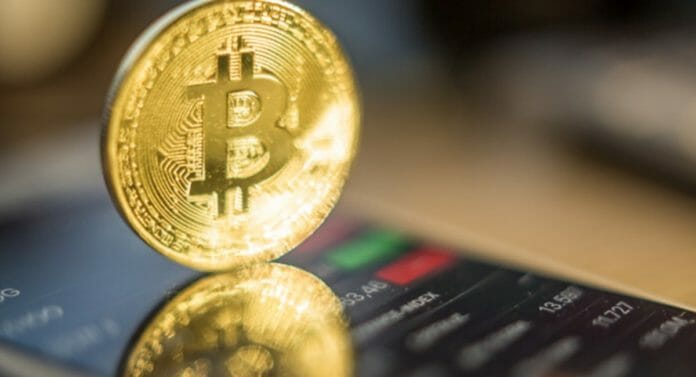High inflation rates cause Spaniards to seek crypto assets as an alternative to save money. The increasing difficulty to exchange bolivars for US dollars leads Venezuelans to use cryptocurrency platforms.
Significant events have affected the world of cryptocurrencies in Spanish-speaking countries over the last week. For example, Argentine signed an agreement with the International Monetary Fund (IMF) to discourage using cryptocurrencies.
Citizens of the region are still concerned about the inflationary issue, which also affects Spanish residents. Besides, Colombia seems to have left the regulatory future in limbo, while El Salvador discusses economic policies amid the war between Russia and Ukraine.
The Argentine Financial Information Unit to Apply Measures to Discourage Cryptocurrencies
Argentina ratified the agreement with the IMF, becoming the first to commit to applying anti-bitcoin measures. The South American country accepted a clause that aims to discourage using cryptocurrencies in the region, which moves over USD 68,000 million.
Although nobody knows yet the measures the government would take to discourage the ecosystem, the Financial Information Unit (UIF) would apply them. That government agency seeks to prevent and impede money laundering by requiring cryptocurrency exchanges to register and report their operations.
Colombian Congressional Candidates Propose Non-Punitive Regulation of Cryptocurrencies
The outcome of the Colombian congressional elections occurring on March 13th generated a restoration of political parties. That may lead to losing promoters in the debate on the regulation of cryptocurrencies.
Two congressmen and one aspirant included the issue in their political agendas but did not reach enough votes. While Mauricio Toro and Edward Rodríguez sought re-election, Didier Carrillo wanted to win a seat in Parliament.
Their proposals aim to promote non-punitive regulation, as projects on the technology of the ecosystem might end up shelved for four years.
The Bitcoin Sector Grows in El Salvador despite Reports on Low Acceptance
The Salvadoran Chamber of Commerce and Industry (Camarasal) reported that 91.7% of businesspeople had ignored the entry into force of Bitcoin as legal tender. Between January and February, the association surveyed small, medium, and large companies in El Salvador to learn about the acceptance of cryptocurrency.
However, there is a growing number of exchanges, digital wallets, payment processors, and Bitcoin custodians in El Salvador. They have arrived in the Central American country with a long-term vision for cryptocurrency adoption.
Spaniards Seek Bitcoin as an Alternative to Hedge against Inflation
The price increase index in Spain is 7.6% for February, the highest figure in 35 years. That situation worries the Spanish and causes people to have less money and seek alternatives to save, like Bitcoin and other cryptocurrencies. That level of inflation positions the country among those with the highest inflation in Europe.
Meanwhile, the National Institute of Cybersecurity (INCIBE) reported that theft cases through vishing have increased. Criminals conduct that fraud through telephone calls by impersonating trusted companies or entities to obtain personal data and steal cryptocurrencies. The agency highlights that older adults are among the main targets of those scammers.
Although Mexicans Associate Bitcoin with Illicit Activities, Scammers Prefer Fiat Money
Eloísa Cadenas, the founder of CryptoFintech, recently talked about how negatively Mexicans often view Bitcoin entrepreneurs. She said people ask them whether they launder money or buy drugs, among other stigmatizing comments about the cryptocurrency.
Camilo Suárez, the president of the Colombian Blockchain Association, agreed with Cadenas that the mistaken association of cryptocurrencies with illegal activities affects the sector. Various studies have revealed that Mexican and Colombian cartels prefer traditional banks instead of Bitcoin to launder money.
Cryptocurrency Exchanges Could Solve the Difficulty to Access Fiat Money in Venezuela
It is becoming increasingly difficult for Venezuelans to obtain bolivars in exchange for US dollars and other foreign fiat currencies. Economist Aaron Olmos stated that the situation became worse during the first quarter of the year. He said that people could solve that problem with cryptocurrency platforms.
Concerning cryptocurrency mining, Venezuelan miner Alejandro Quiles talked about the development of this industry. He considers that the activity has proved to be highly profitable in the South American country.
By Alexander Salazar



